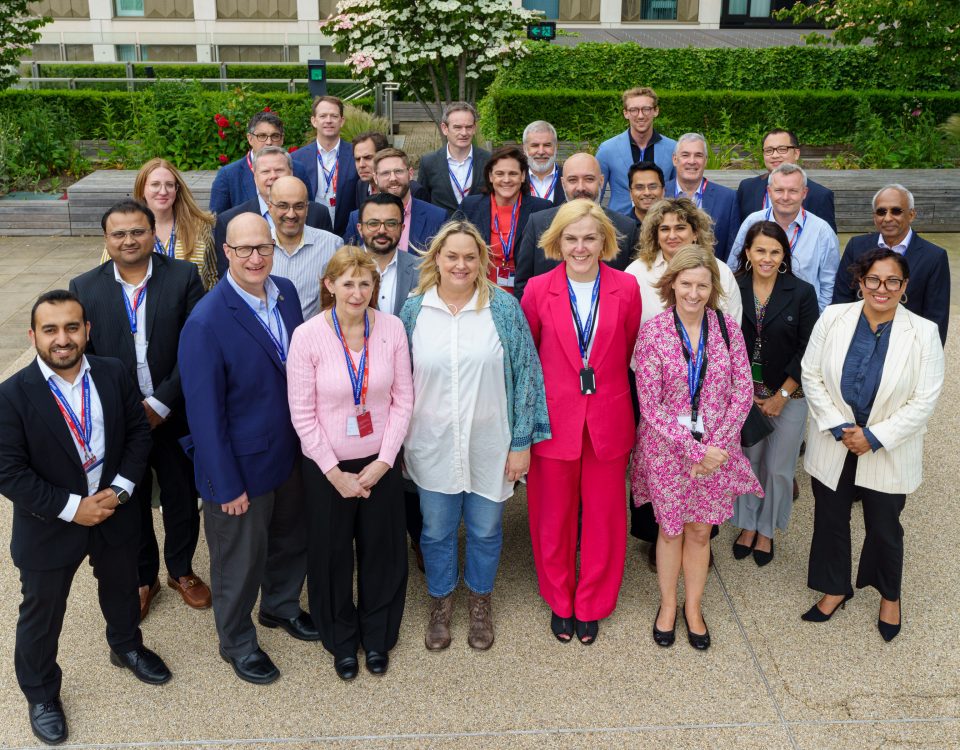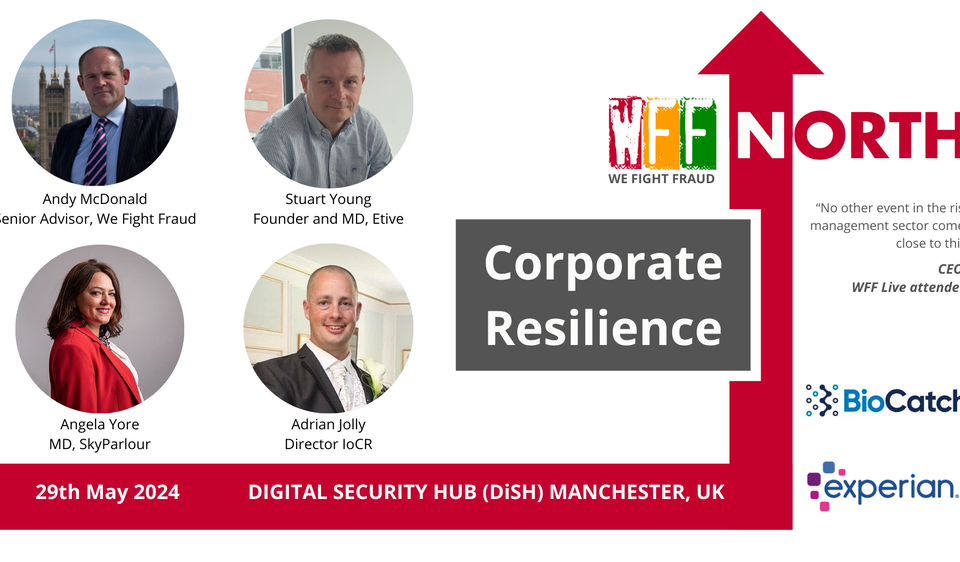
Benefits of a common, federated approach to citizen online identity for local authorities
In March we held a London Borough Councils consultation into digital identity and the use of Verify to underpin a legal standard of identity for local authorities.
Presentations were given by the Greater London Authority on a Smarter London and the use of data and technology, used together for the good growth of the city. A Smarter London needs a new city-wide collaboration between public institutions, utilities, research and the technology community by and for Londoners.
The Government Digital Service discussed how Verify is the new way to prove who you are online, to a legal standard. Verify offers citizens safer, simpler and faster access to Government services and is designed to protect against the risks and threats of identity theft.
Ian Litton discussed the importance of a highly assured standard of identity which allows more complex, high value, eligibility based services to be delivered online, to citizens. Federated identity, to a common recognised standard, is important as it establishes trust between organisations, as well as between a LA/HA and their customers. The real value of identity is that it can be used to establish a network of trust. That trust extends beyond the customer and to service providers to include other organisations who hold authoritative data about the customer.
It can underpin the individual giving permission for that data to flow from the attribute provider to the service providers, so that eligibility for services can be established online, in real time. Three business cases came out quite strongly:
1. Tackling fraud and the cost of identity checking
2. Transaction costs
3. Cost of eligibility checking
The focus has been on data collected during social housing transactions because these have high value in terms of identity assurance. LAs and HAs already go through face-to-face processes to establish an applicant’s identity. They also build up a history of activity with those clients as they bid for housing, request repairs and so on.
We looked at how this data could be made available to Verify IdPs using a Digital Log Book – a type of personal data store. This locally held data will be unlocked by customer consent, the customer agreeing to their data being used to help them achieve a Verify identity, so GDPR compliant.
Three topics were discussed amongst the stakeholders:
1. Which services require the most time, effort and cost to establish a citizen’s identity and eligibility?
2. How the use of a personal data store would support LAs handling population movements across Boroughs?
3. How federated identity, coupled with a personal data store, could improve services to the homeless and victims of domestic abuse?
In response housing benefit, council tax, housing fraud and Adult Social Care proved to be costly and time consuming. Identity needs to be assured to a level that can be defended or produced in confidence in court. The use of a personal data store would prove useful if citizens felt they were in control of their data and trust in the system with one generic standard.
The stakeholders agreed that in the future, RFPs, should go out with requirements such as:
· Providing a data schema is provided by the council.
· A user authentication system as defined by the council.
· APIs available as part of the package to allow a council to integrate with other systems, without punitive financial costs.



